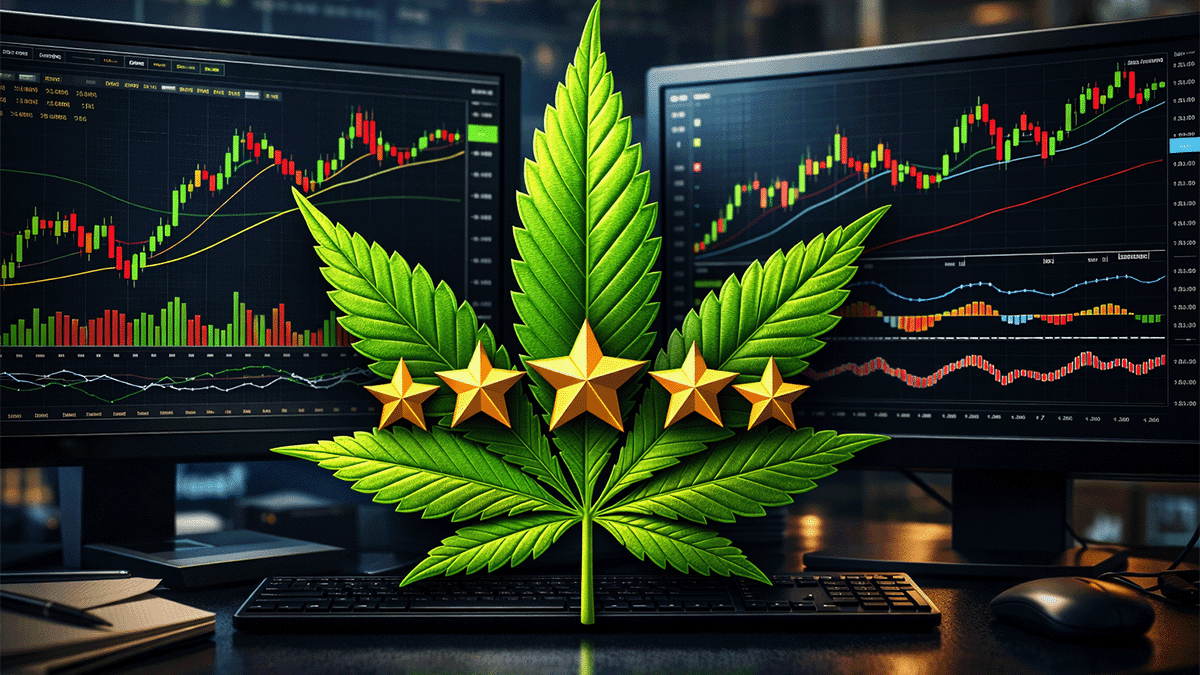Recent findings by a laboratory in Berkeley stated that 84 percent of medical cannabis samples tested positive for pesticides. Steep Hill, a Northern California-based marijuana testing lab, says their findings were much higher than expected and “are cause for concern for California cannabis consumers.”
“Those in the cannabis community who feel that all cannabis is safe are not correct given this data – smoking a joint of pesticide-contaminated cannabis could potentially expose the body to lethal chemicals,” says Michaele Keller, president and CEO of Steep Hill. “As a community, we need to address this issue immediately and not wait until 2018.”
The state of California is not sure how to handle issues related to pesticides in relation to the flourishing cannabis market; meanwhile, in recent years, many growers throughout the state have decided not to use pesticides.
Steep Hill researchers discovered chemical residue belonging to my clobutanil, a key ingredient in pesticide Eagle 20, in greater than 65 percent of samples tested during a 30-day period. Eagle 20 is common amongst growers because of its effectiveness against powdery mildew and other pests. However; when it is set on fire, my clobutanil turns into hydrogen cyanide or prussic acid, a colorless and highly poisonous compound that can be deadly in high dosages. According to the Centers for Disease Control and Prevention, hydrogen cyanide affects organs with the highest sensitivity to low oxygen levels such as the brain, cardiovascular system and lungs. It has “a distinctive bitter almond odor” but most people cannot detect it.
The U.S. Department of Agriculture tests every plant before issuing guidelines on when it is safe to use Eagle 20 and in what dosage. Eagle 20 is considered safe for certain crops and plants, including turf grass, ornamental flowers and fruit trees. Everything from Christmas trees to cherries may be treated by eagle 20; however, there is no regulatory practice in place for California cannabis.
Pesticide-related product recalls have become more common over the past year in states where pot is legal, but Berkeley is the only California city to implement tight limitations on their use. That will change in 2018 when the Medical Cannabis Regulation and Safety Act goes into place. Passed in 2015, the bill creates a comprehensive state licensing system for the commercial cultivation, manufacture, retail sale, transport, distribution, delivery, and testing of medical marijuana. All licenses must also be approved by local governments.
The people behind Clean Green Certified, the only nationally-recognized third-party certification program, have already started testing cannabis. Founded in 2004, Clean Green certifies marijuana using sustainable, biodynamic and organic standards. Cannabis cannot be called organic since the U.S. Department of Agriculture does not legally recognize the plant, but it can be grown using alternative pesticides and clean growing practices.
In order to be certified, Clean Green tests soil, nutrients, pesticides, mold and dust treatment. Every year each grower undergoes a field test and must enact a carbon footprint reduction plan, water conservation measures, and fair labor practices.
“Because marijuana has been developed in the black market, pesticide regulators were never involved in the development of that agriculture,” says Clean Green founder Chris Van Hook, who is also an agricultural lawyer. “Growers would use whatever was easy and effective regardless of how poisonous it was.”
Van Hook compares the synthetic cultivation of marijuana to the difference between buying organic basil and a mass-produced version. The mass-produced version might have greener leaves and stay fresh longer, but what chemicals are used to create it? With pesticide treated marijuana, “What the consumer is smoking and inhaling remains unknown,” Van Hook says.
There are only two Clean Green Certified businesses in Los Angeles County: Green Healers Soldiers and Restore Collective. Restore Collective works mainly with cancer patients referred by oncologists recommending a pure form of marijuana that will not interfere with ongoing treatment or further endanger a patient’s immune system.
“We’re dealing with a lot of very ill patients,” says Jarvis Turnage from Restore Collective. “They’re undergoing chemotherapy and their immune systems are very weak. If you have even the slightest bit of anything that is synthetic. It can make a patient even more ill.”
Restore Collective has nurses that see these patients in their houses and provide counseling. Their client base is older, and many have never tried marijuana before. Patients feel safer knowing they are consuming cannabis that has been carefully screened by Clean Green’s strict guidelines.
“Even before you harvest, they come out and actually evaluate your soil, your process and rate it,” Turnage says. “They are very, very strict.”
MAPH Enterprises, LLC | (305) 414-0128 | 1501 Venera Ave, Coral Gables, FL 33146 | new@marijuanastocks.com










